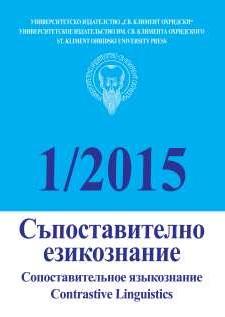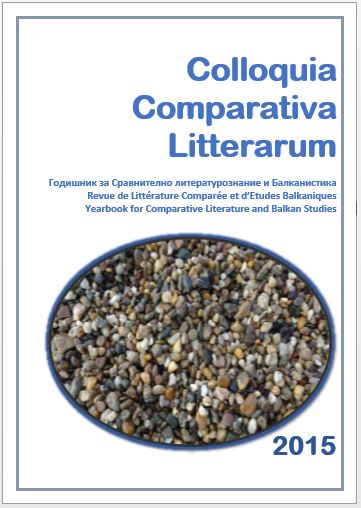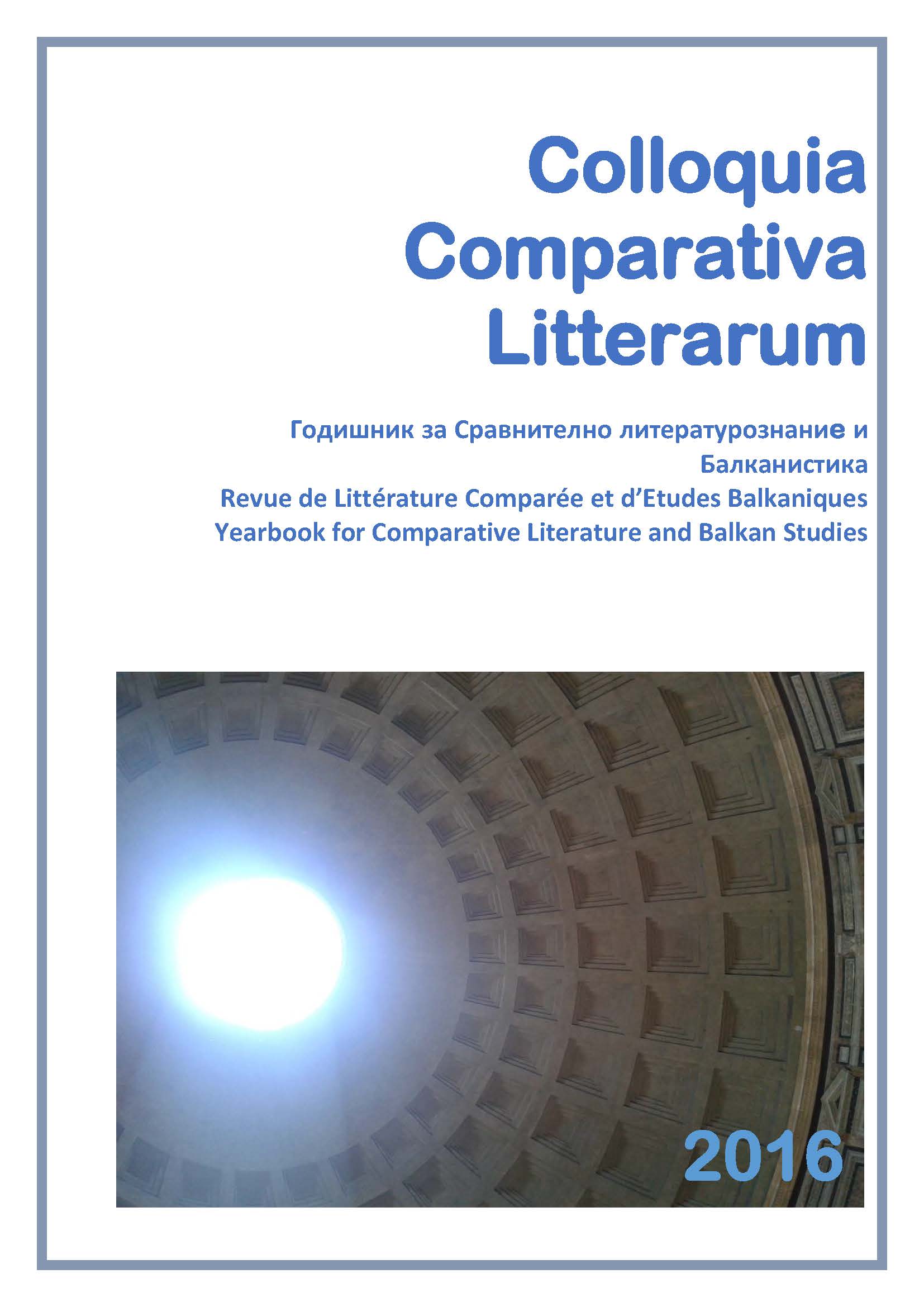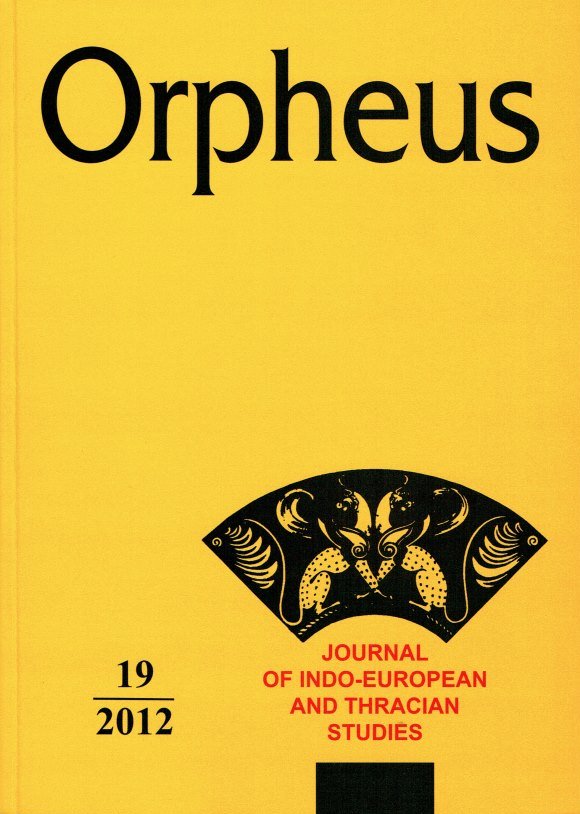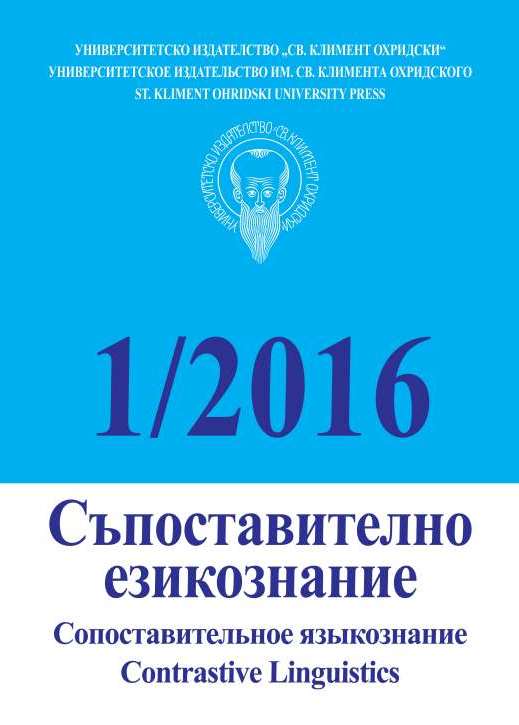Тенденции в (не)граматикализацията на старобългарския глагол мощи ʼмога, в състояние съм’
The article studies two opposite tendencies in the development of the modal verb мощи (meaning ‘can, be able toʼ – on the one hand, its non-grammaticalization into grameme for expressing periphrastic future tense, and on the other, its grammaticalization into a grameme for expressing periphrastic prohibitive. The issue is discussed in the context of Old Bulgarian writing and the history of Bulgarian language as well as in comparison with other Indo-European languages.
More...
